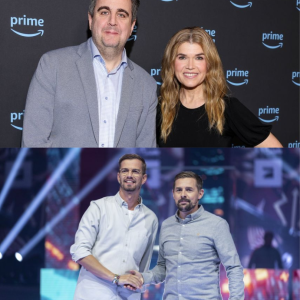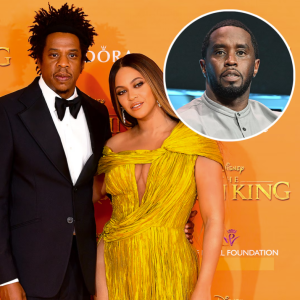Elon Musk Supports Harrison Butker Amid Free Speech Controversy: A Clash of Sports, Culture, and Business
In a surprising twist that merges the domains of sports, culture, and business, tech mogul Elon Musk has thrown his support behind Harrison Butker, the Kansas City Chiefs kicker whose recent speech has stirred up a storm of controversy. Musk, known for his assertive approach to both technology and public discourse, took to Twitter to express his stance, emphasizing the importance of freedom of speech and backing Butker’s right to voice personal opinions.
Butker’s controversial speech at Benedictine College in Kansas touched on hot-button issues such as abortion, LGBT Pride, and what he referred to as “degenerate cultural values.” The speech sparked heated debates on social media and drew criticism and support from various public figures. Butker’s remarks, which included critiques of the current administration and advocacy for traditional gender roles, led to a petition signed by nearly 160,000 people demanding his removal from the NFL.
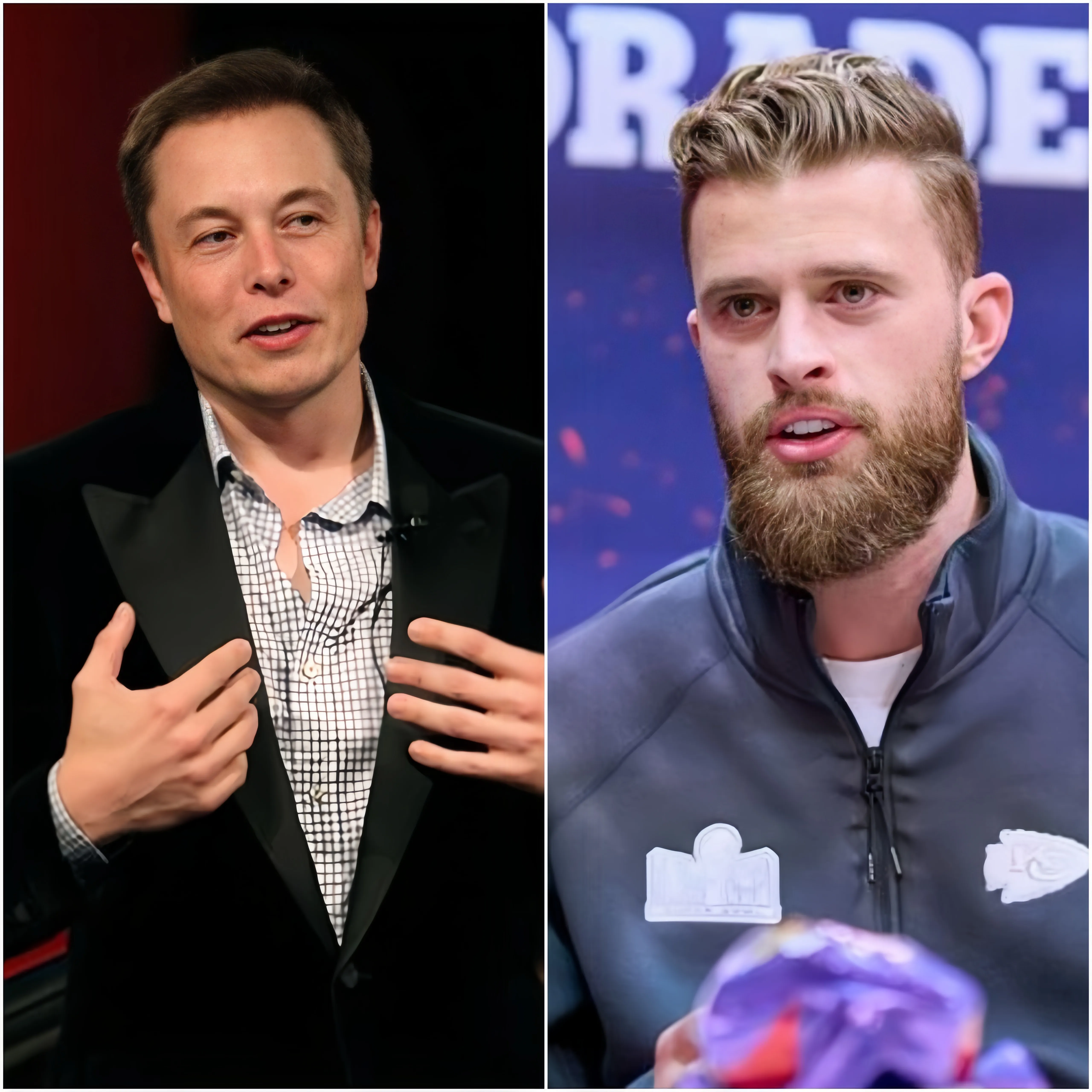
Elon Musk’s endorsement came in the form of a tweet: “I stand with Harrison and freedom of speech.” Musk’s support amplified the debate, highlighting his commitment to unrestricted expression and the First Amendment. Known for his own controversial statements, Musk positioned himself alongside Butker, framing the issue as one of fundamental rights.
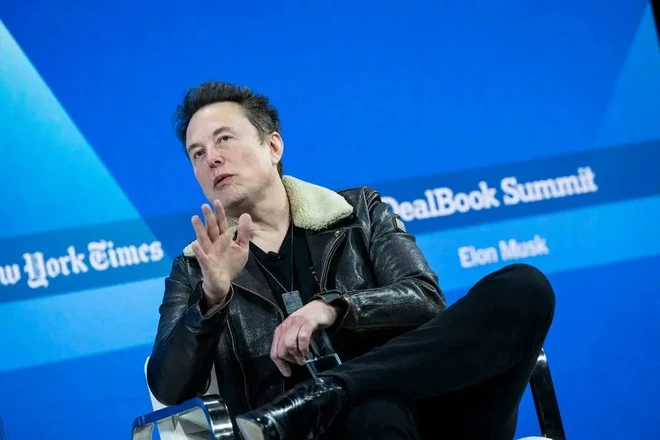
The NFL responded to Butker’s comments by distancing itself, stating that his opinions were personal and did not reflect the league’s views. The league’s neutral stance underscores the challenges it faces in balancing personal expression with corporate values, particularly in a highly polarized social climate. This episode adds to the broader conversation about how organizations like the NFL navigate the fine line between allowing personal expression and maintaining a unified corporate identity.
Musk’s backing of Butker has been met with polarized reactions. Supporters of both figures applaud Musk’s endorsement as a courageous defense of personal liberties. They see it as a stand against what they perceive as biases in media and cultural narratives. Conversely, critics argue that Musk’s support could legitimize divisive rhetoric under the guise of free speech, potentially normalizing ideologies they find harmful.
The situation raises critical questions about the responsibilities of public figures and the extent to which employers can or should regulate their behavior. This is particularly relevant in high-profile industries like sports and tech, where personal beliefs can significantly influence public perception and brand image.
At the heart of this controversy lies the tension between individual rights and corporate responsibility. While individuals like Butker have the right to express their views, organizations like the NFL must consider their public image and the values they project. This delicate balance is a recurring issue in professional sports, where the actions and words of athletes often reflect on the leagues they represent.
Musk’s support for Butker adds a new dimension to the ongoing discourse on freedom of speech. His involvement signals a broader attempt to influence not just technological advancement but also cultural and societal norms. As the debate unfolds, it will likely prompt further discussions about the limits of free expression, the role of public figures, and the power of social media in shaping public opinion.
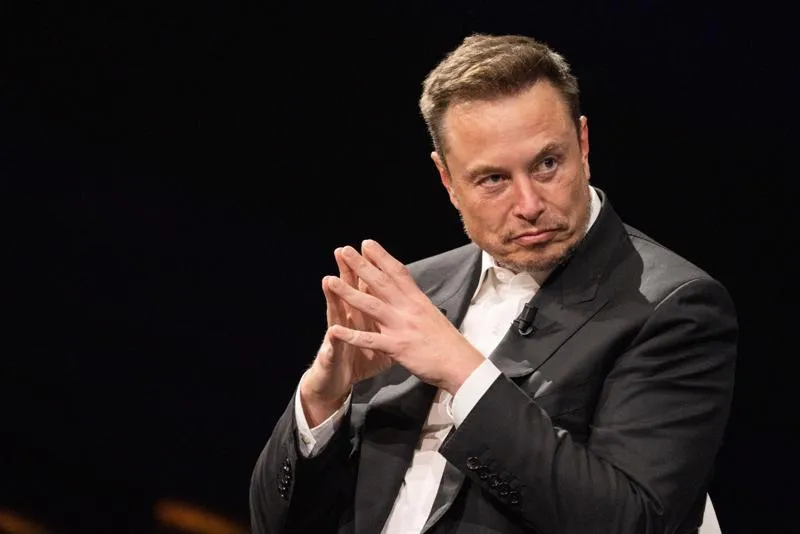
Elon Musk’s endorsement of Harrison Butker highlights the complex interplay between free speech, corporate responsibility, and cultural influence. Regardless of one’s stance on the issue, this situation serves as a crucial case study in understanding the dynamics of modern public life. In an era where sports, business, and social issues are deeply intertwined, the conversations sparked by figures like Musk and Butker will continue to shape the ongoing dialogue around freedom of speech and its boundaries.
As society grapples with these challenges, the roles of public figures and corporations in navigating such debates will remain a focal point. The influence of Musk’s support and the reaction it incites exemplifies the complexities of free speech in a world where the intersections of different spheres create both conflict and dialogue.

